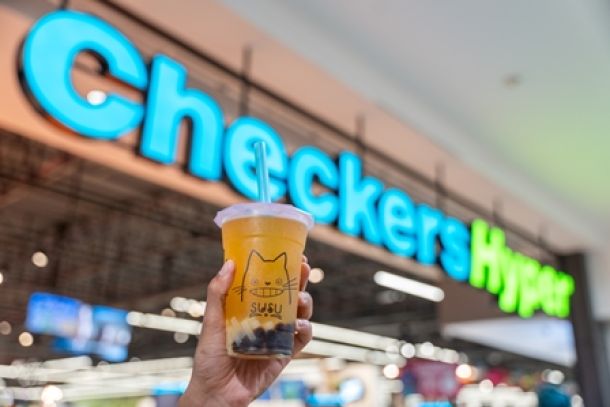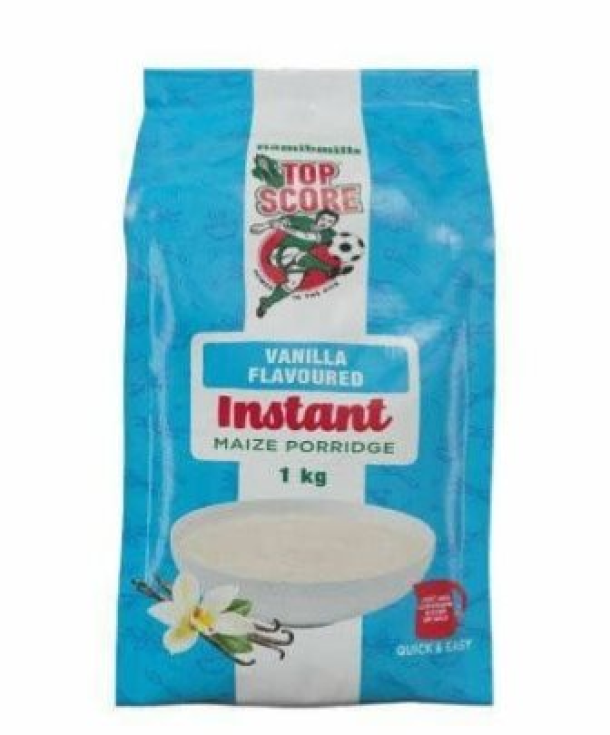Suppliers who only focus on marketing products to families may be missing out
The relentless focus by brands on marketing their products primarily to families may be resulting in them missing out on revenue from other demographic groups who do not feel they are being adequately addressed.
That’s the message from Bridgethorne, the customer, category and shopper management specialist, which says the changing make-up of society is something that brands should be considering as part of their preparation for range reviews and their development of category strategies.
According to Age UK, 3.8 million people above the age of 65 live alone in the UK, which represents more than a third of the people in this growing age bracket; 70 per cent of which are women. Although at the opposite end of the age spectrum, the premise can be supported by a recent poll, which found that only 11% of millennials – the 18-29 year olds – felt that food advertising was being directed at them. Currently 29% of the UK’s 26.4m households consist of only one person and single-person households are projected to increase by 163,000 a year to 10.9m in 2031, by which point they could outnumber any other housing group.
“Brands and own label suppliers need to recognise that the changing make-up of British society is something they need to factor into their planning,” explained Bridgethorne’s Joint Managing Director, John Nevens.
“Shoppers obviously behave differently according to their circumstances. Somebody living on their own will not necessarily want to buy the same product in the same quantities as others and this will have an impact on the format and diversity of how products are presented, from packaging to portion size. If manufacturers and retailers remain relentlessly focused on the family unit they could be turning their backs on category growth by ignoring the needs of people who don’t fit into the standard family model.”
Suppliers, Nevens added, need to be able to demonstrate how they can make their category work for all shoppers, including those who live alone. “Doing so will help them cement a more positive working relationship with the large retailers. And in the current market dynamic that’s the only place to be.”
In this sense, Bridgethorne believes effective category vision development is critical. It helps suppliers focus on the major drivers and tactics that will increase value and often volume and should be underpinned by consumer and shopper research and data driven insights. If manufacturers can identify short and long term quantified strategic opportunities for the category and the brand, this will increase expertise and multi – dimensional levels of influence leading to brand growth ahead of the category.
News Category
- International retailers
- On the move
- Awards and achievements
- Legislation
- Wine and liquor
- Africa
- Going green
- Supplier news
- Research tools
- Retailer trading results
- Supply chain
- Innovation and technology
- Economic factors
- Crime and security
- Store Openings
- Marketing and Promotions
- Social Responsibility
- Brand Press Office
Related Articles

Eskort is celebrating 107 years

UK poultry industry as exports to South Africa ...

Playful bubble tea shops launch in selected Che...

Consumer Commission launches investigation into...


